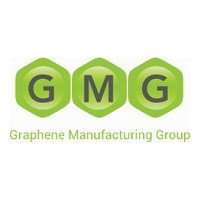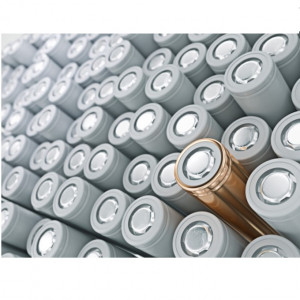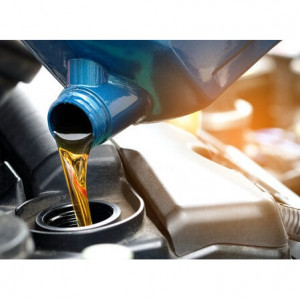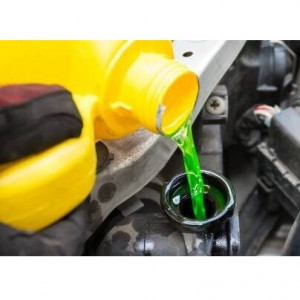About Company
GMG is a clean-technology focused company which aims to offer energy-saving products and solutions and energy storage products, enabled by Graphene manufactured in-house via a proprietary production process. In 2017 and 2018, GMG developed and proved its proprietary production process to produce GMG Graphene from natural gas (methane), not from mined Graphite. This process produces high quality, low input costs, scalable, tuneable and low contaminant
GMG is a clean-technology focused company which aims to offer energy-saving products and solutions and energy storage products, enabled by Graphene manufactured in-house via a proprietary production process. In 2017 and 2018, GMG developed and proved its proprietary production process to produce GMG Graphene from natural gas (methane), not from mined Graphite. This process produces high quality, low input costs, scalable, tuneable and low contaminant Graphene suitable for use in clean-technology applications. While GMG Graphene may be suitable for a wide range of industries, GMG’s initial focus has been developing applications for ENERGY SAVING AND ENERGY STORAGE SOLUTIONS.
In the energy savings segment, GMG has focused on Graphene enhanced heating, ventilating, and air conditioning (HVAC) coatings, lubricants and fluids. GMG and its customers have successfully demonstrated HVAC coating projects, offering customers improvement in the efficiency of space cooling (air-conditioning) and coolant units. Also, GMG is developing lubricants which aim to reduce friction in engines. Both these to offering customers air conditioning energy cost reductions.
In the energy storage segment GMG and the University of Queensland are working collaboratively with financial support from the Australian Government to progress research and development, and ultimately explore the commercialization of GMG graphene aluminium-ion batteries. Aluminium-ion batteries have the potential to have better energy density than lithium-ion batteries. Graphene Aluminium-ion Batteries may eliminate many disadvantages of LI Batteries, including the risk of overheating/fire and performance degradation. Management believes that successful commercialization of the Graphene Aluminium-ion Batteries would result in a superior substitute to LI Batteries in targeted applications.




